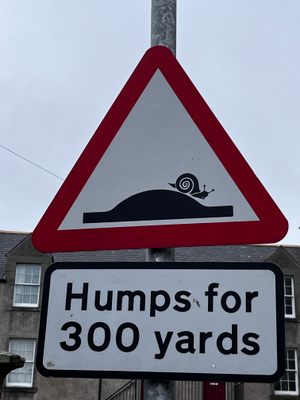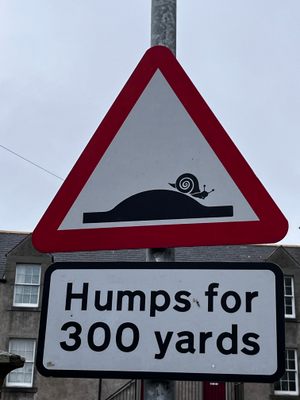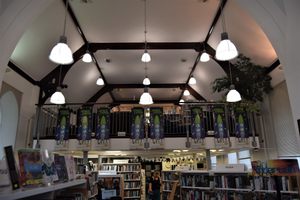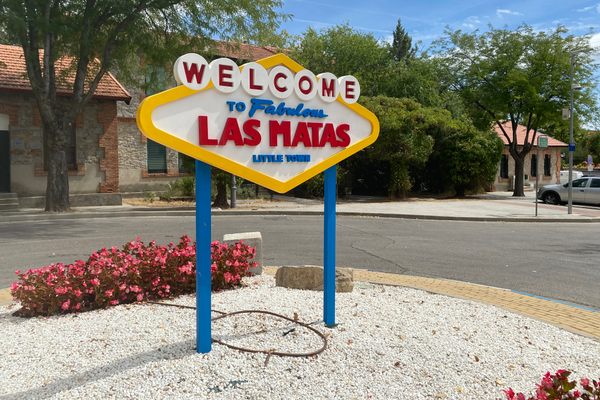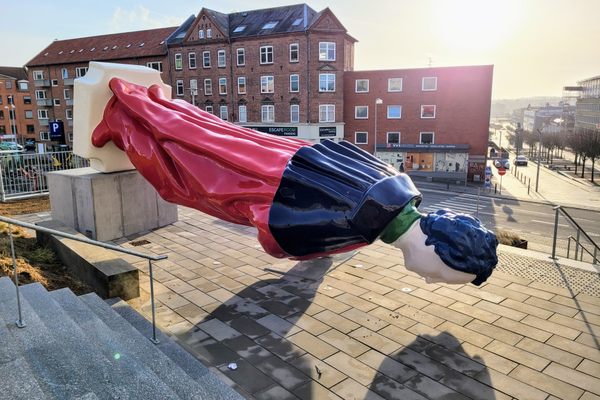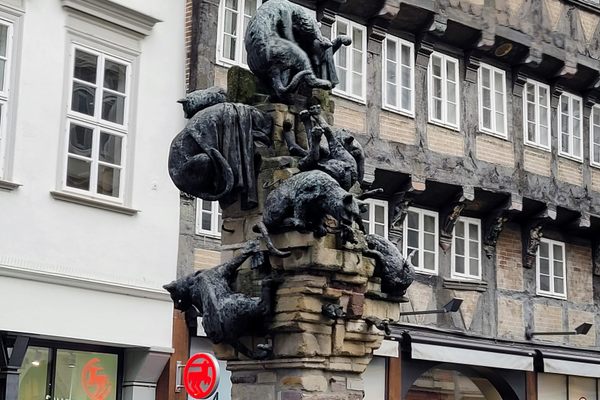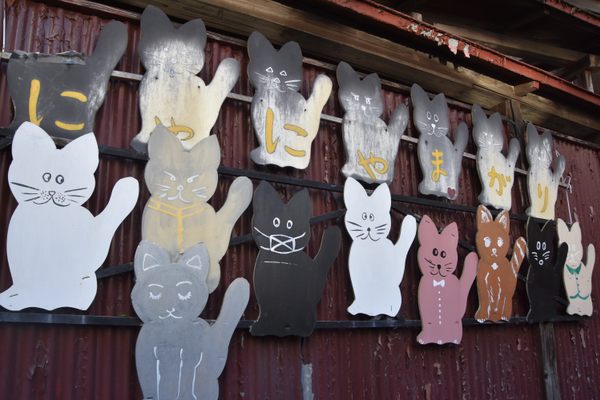About
Considering that both the Shetland pony and Shetland sheepdog are named after their archipelago of origin, it makes perfect sense that they would somewhat be considered its animal symbols. The pony is even featured on Shetland's coat of arms, while other domesticated animals, such as the Shetland sheep and Shetland duck, can represent the island's culture.
The creature that appears sporadically across Shetland's capital is a much more unlikely representative. It has no real cultural connection to the land, and in fact, is quite uncommon. That small animal is the snail.
While slugs and water snails are common across the nearly 100 islands of Shetland, their shelled, land-based gastropod relatives are much less so. In fact, Unst, the most northerly inhabited island of the archipelago, might have documented its first garden snails as early as 2008.
The Lerwick snails are a collection of stickers of land-based gastropods, which appear on public signs across town. There is very little information about their authorship or the reason behind an animal so uncommon to the islands being chosen for these signs. However, it does appear that they were first documented online in 2013 and have been either maintained or reapplied ever since. They have gained somewhat of a cult following and appreciation among Lerwick's inhabitants.
The Shetland phenomenon seems to mirror art occurrences in Scotland's capital of Edinburgh, known not only for sudden pop-up sculptures, but also for the very similar altered traffic signs.
Related Tags
Know Before You Go
The snail stickers can be seen on several road and public signs across Lerwick. The location on the map corresponds to a humps warning sign on Commercial Street, near the famous Lodberrie house.
The "No Tipping" sign is located on one of the entrances to The Knab's park.
Community Contributors
Added By
Published
January 19, 2021


